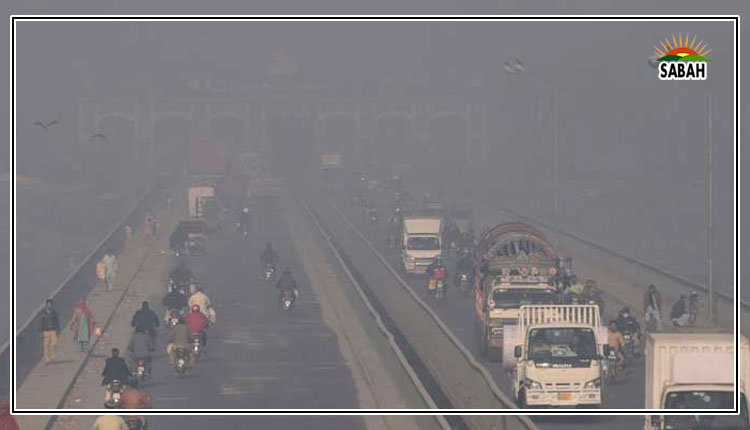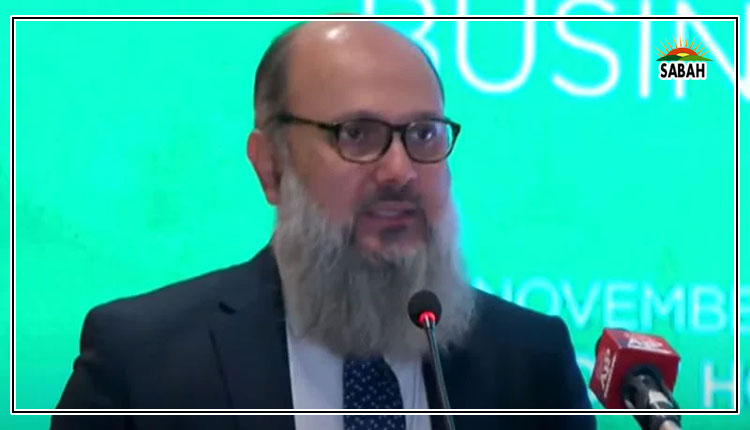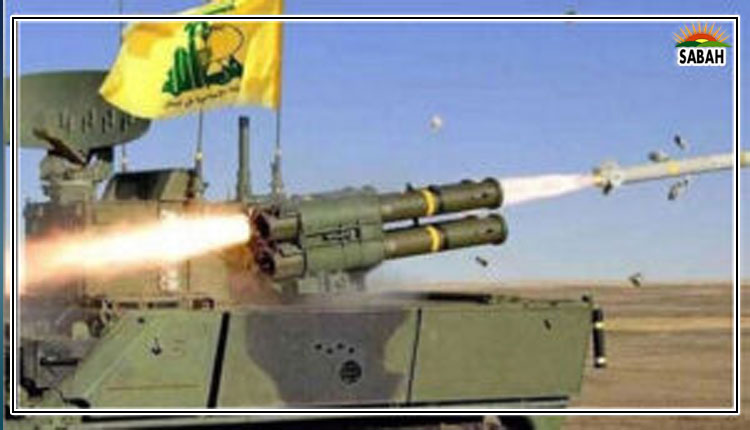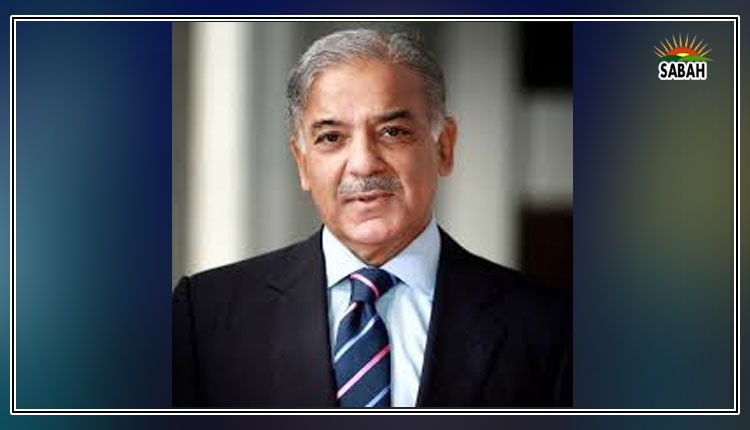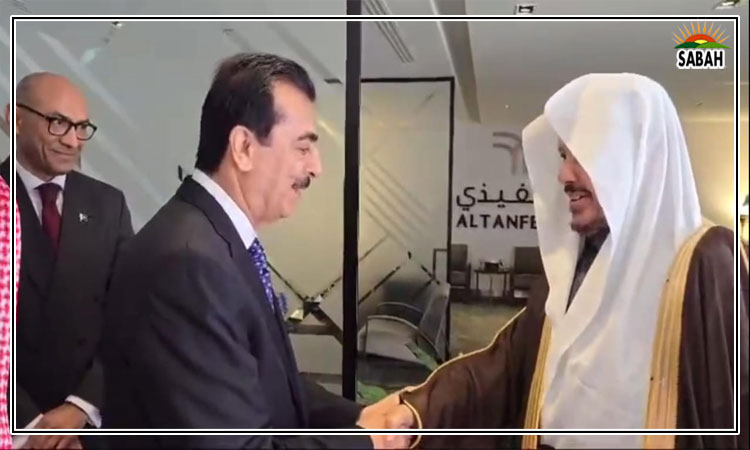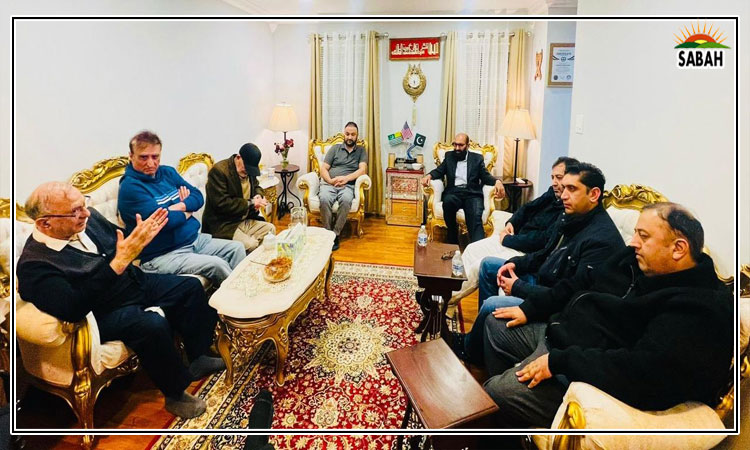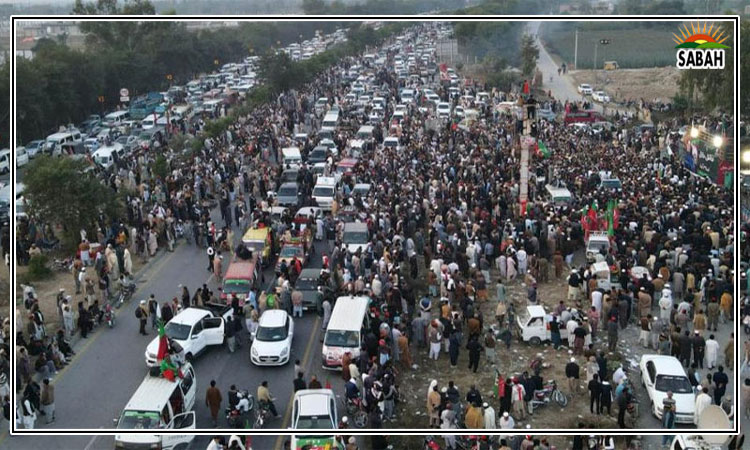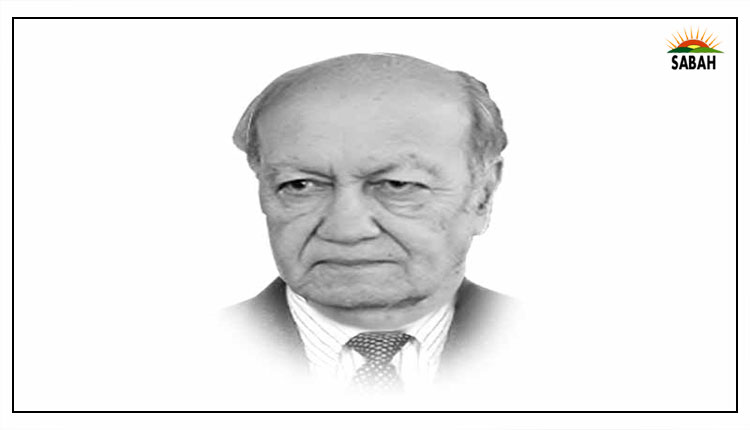The generational divide…Talat Masood
The recent interesting exchange of dialogue between Mr Asif Ali Zardari and Bilawal Bhutto that received wide publicity was a classic example of how the father and son look and assess a political reality. Let me at the outset reiterate that it is only natural and a positive phenomenon that the younger generation is looking differently at problems and challenges that they face at the personal, community, national and international level. In fact, it should have invited concern and disappointment if that was not so. The rapid pace with which human knowledge is expanding and deepening is boosting technology to race ahead. It is opening new horizons of understanding and giving the younger generation opportunities to keep pace with latest developments and have better access and understanding in practically most fields of human activity at an early stage of their life.
If a proof of this phenomenon was needed, we only have to look at the extraordinary importance and celebrity status that two outstanding young girls have been rightly accorded. Pakistans Malala Yousafzai for her struggle against the suppression of children and for young peoples rights, including the right to education. And Greta Thunberg, the Swedish environmental activist, for her unrelenting commitment to the cause. This does not imply that the old do not have their value. Their life experiences, trials and tribulations, successes and failures are in themselves lessons and if sensibly imbibed lay a framework for acquiring greater wisdom.
It is important to differentiate between wisdom and knowledge. Although, these attributes supplement each other and lucky are those who are blessed with both. But one comes across people possessing varying shades of these attributes. There are other combinations as some are fairly or even very intelligent but comparatively not that wise and do not prove to be successful leaders or professionals. Other personal attributes especially integrity is very important. If greed and self-aggrandisement are personal traits then whatever positive attributes one has are overshadowed.
The object of raising these issues is important as we are close to having provincial and national elections. The choice of leaders will be a major determining factor in the type of governance they will provide, the policies they will formulate and the sensitivity they would show towards the hardships the millions of our countrymen are facing. It is true this may sound idealistic in a social milieu where a substantial number of voters especially in the countryside are literally herded in certain constituencies, but Pakistan has to change and elections do provide that opportunity in significant ways. We cannot continue to remain a prisoner of our past thinking and accept election maneuvering before, during and after elections. This practice is neither Islamic nor democratic or in any way in the interest of the country and its people. Fortunate are those countries that elected leaders who had passed through several challenges and possessed high level of integrity. There are several examples of countries where fair elections threw up leadership of high caliber and consolidated democracy. Mandela changed the destiny of South Africa by ensuring that all citizens irrespective of their colour or creed have equal rights. Dr Mahathir Mohamad placed democracy in Malaysia on a sound footing and enhanced its economic potential. Singapore, a small island, smaller than Karachi, went through a phenomenal transformation under the astute leadership of Lee Kuan Yew.
Obviously, these are rare phenomena and occur under certain circumstances with the right type of leadership. However, adhering to political norms, Indonesias President Joko Widodo, an honest and dedicated leader in the office since 2014, has placed the country on a steady path of economic progress and political stability.
What is needed in Pakistan is to strengthen the democratic character of political parties. Undoubtedly, members of certain families have made significant contribution to promoting and strengthening democratic values and have made sacrifices as well. But the stranglehold of a family or clan is against the tenets of democracy and needs to be discouraged.
Moreover, in whichever country the state institutions have engaged in politics directly or indirectly, they have weakened political parties and undermined the concept and essence of peoples power and eroded their confidence. Most damaging aspect of it is that elections become an exercise in manipulation. In South Asia, initially Burma, Sri Lanka, Bangladesh, Pakistan, Nepal and Afghanistan have suffered due to unrepresentative governments and weak democratic traditions. Since Bangladesh opted for democratic governance, despite its shortcomings, it has shown relative increase and consistency in economic growth. India has, since its independence to date apart from periods as during the Emergency from 1975 to 1977 for 21 months during Prime Minister Indra Gandhi and now under PM Narendra Modis discrimination of minorities and authoritarian style of governance maintained good traditions of democracy.
In Pakistan, the major security threat from India, civil war and disturbed conditions in Afghanistan, emergence of TTP, the US-Russia rivalry and the US assertion to maintain its economic and technology domination against China has given precedence to security institutions and enhanced their influence. In this harsh security environment, Pakistans strong and professionally competent armed forces are its most valuable asset. Equally important are robust democratic traditions and practices that go a long way in sustaining economic growth and providing equal opportunities to people to work for the betterment of the country and supplementing its defence capabilities. In most democratic countries it is a practice that apart from discussing issues in parliament with senior members of the party, reputed economists, strategic thinkers and specialists in areas of Information technology are also occasionally invited.
Countries, like individuals, only progress and move ahead when their leaders adhere to the basics of serving the people sincerely and are capable of keeping pace with a fast-changing world. Pakistan presently is beset with formidable challenges but this is not unusual for a developing country with a turbulent history. The coming elections do provide an opportunity to change the countrys course if people are made conscious that they vote for those individuals and political parties that relatively have better ability to contribute toward a promising future.
Courtesy The Express Tribune


